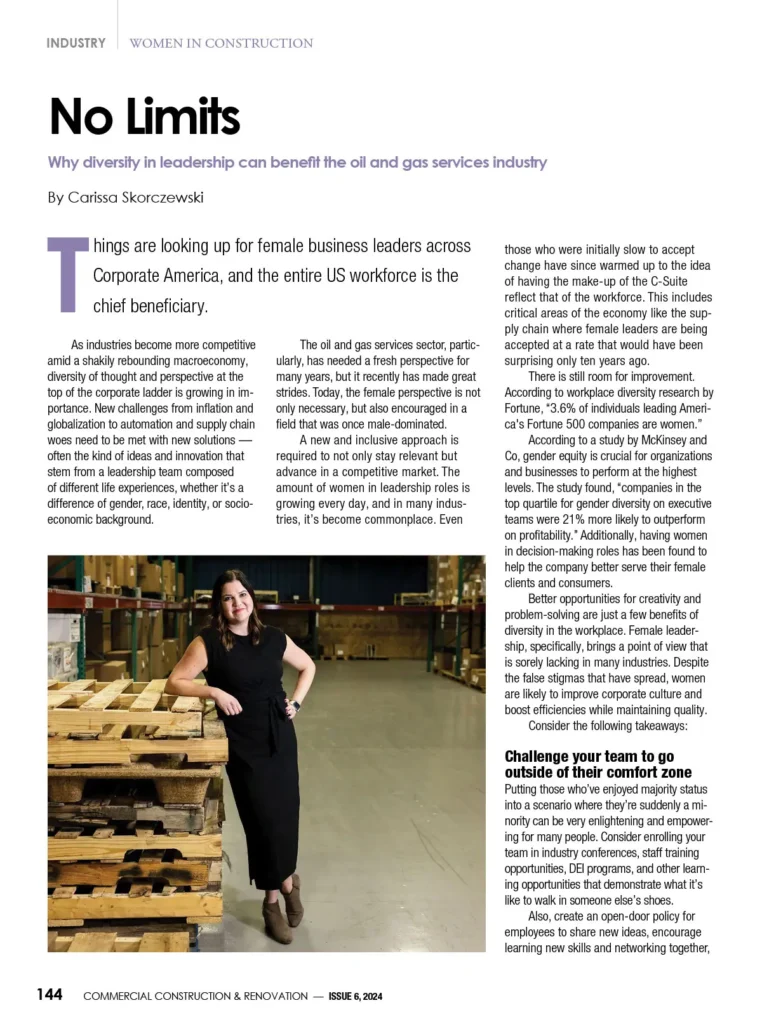Foreign workers – how do they affect Malaysia’s construction industry? This article will explore the major effects they have. Knowing why this is important, let’s look at the wage discrepancies and working conditions they bring. How are foreign workers changing the industry in Malaysia? We’ll find out.
Labor market dynamics
In Malaysia, the construction industry is ever-changing. Factors like the workforce’s makeup, technology, and rules all affect labor supply and demand. Plus, more foreign workers are entering the sector. To make the most of these changes, it’s essential to understand how they work.
Who needs to go abroad to learn? The construction industry in Malaysia can teach you about skill transfer and knowledge exchange from foreign workers.
Skill transfer and knowledge exchange
Foreign workers in Malaysia’s construction industry have been transferring skills and exchanging knowledge. Experienced workers from Bangladesh, Indonesia and Nepal, who are experts in brick-laying, carpentry, welding and plumbing, have been teaching local workers. This has enabled locals to learn new techniques and technologies.
Also, foreign workers have been bringing fresh perspectives and different problem-solving approaches. Their innovative methods for construction work are often more efficient than traditional ways. Companies are able to complete projects on time or ahead of schedule.
Hiring foreign workers also fills the labor shortages in the industry. With the expanding economy, there is an increased demand for infrastructure development, but a shortage of skilled laborers. Foreign laborers help meet these labor demands while lowering labor costs.
Overall, hiring foreign workers has many benefits. It adds valuable skills and intellectual levels that cannot be attained any other way in developing countries like Malaysia. So, companies should continue engaging with foreigners.
Infrastructure development support
Foreign workers have recently been boosting the construction industry in Malaysia. Their skill and experience strengthens local skills, allowing projects to be done quickly and well. This influx also helps Malaysia meet infrastructure demands, while cutting down employment shortages and costs.
This support is essential to Malaysia’s construction industry, pushing it towards meeting the country’s infrastructure needs. Surprisingly, building bridges can also build understanding between cultures and social bonds!
Cultural diversity and social integration
Malaysia’s Construction Industry has seen a diversification in cultures due to the presence of international workers. This cultural exchange has been beneficial for both the workforce and the community. Respect, acceptance and understanding of different beliefs, values and norms is leading to a harmonious coexistence.
The impact of this inclusiveness is far-reaching. Communication and teamwork between contractors and workers are improved, and safety protocols are followed. Outside of working hours, foreign workers are exposed to local cultures, leading to improved social relationships with their hosts. Employment of foreign workers thus promotes social harmony.
Multiculturalism in the workforce is further increased through language learning. To aid communication, job sites have bilinguistic training programs.
Malaysia’s Construction Industry is creating a blueprint for harnessing its potential. All this by acknowledging the diversity amongst workers and promoting societal integration by embracing multiculturalism. Welcome!
Challenges and issues faced
Malaysia’s construction industry is facing pressing challenges due to foreign workers. Employment opportunities for Malaysians are decreasing, as well as wage differences. Insufficient regulations & poor management of work permits worsen the situation. Language & cultural barriers lead to communication breakdowns, affecting quality of projects. However, by hiring foreign workers from this agency which specializes in facilitating cross-cultural communication and integration, these barriers can be overcome. They can provide language training and cultural orientation programs to ensure effective collaboration among workers from diverse backgrounds.
Social issues such as crime rates, pressure on public amenities and illegal settlements are also growing. This is due to unclear policies and guidelines regarding foreign workers’ accommodations & living conditions. Furthermore, the use of undocumented or illegal workers amplifies these problems.
To ensure sustainable development, policymakers must recognize these challenges and take effective solutions. Regulations must be effective, processes for obtaining work permits should be streamlined, and education programs for both immigrants & locals should be improved. This will help mitigate the issues and allow the industry to grow sustainably.
Wage and working condition considerations
Foreign Workers in Malaysia’s Construction Industry: Considerations for Remuneration and Working Conditions.
Pay schemes and working conditions for foreign workers are crucial to the construction industry. These considerations not only attract foreign workers, but also boost safety and improve the quality of work.
Foreign workers often experience cultural challenges due to language barriers or unfamiliarity with local customs. Companies should train non-locals and provide suitable living accommodations to ensure employee satisfaction and reduce turnover rates. Orientation programs can help new staff become familiar with local norms and company policies.
In conclusion, companies in Malaysia’s construction industry should take remuneration and working conditions for foreign employees into account. Adhering to government regulations while creating a positive work environment can lead to successful outcomes and business growth in this sector.
Government policies and regulations
The Malaysian government’s regulatory framework plays a vital role in employing foreign workers in the construction industry. The aim is to guarantee employers comply with requirements such as getting permits and following safety protocols. It also prevents mistreatment of both local and foreign workers.
The government has established several initiatives to manage the recruitment of foreign workers into the construction sector. For instance, they have created a centralized system to regulate worker influxes, simplify documentation procedures, and offer language training for foreign building professionals. This ensures only skilled workers enter Malaysia’s construction industry.
There is also a levy system that requires employers to pay a fee for each foreign worker they hire. This encourages businesses to prefer local talent over foreign labor. While it lessens the cost-compensation between local and foreign workers, levies influence businesses’ operations more than profits.
Evidently, the future of Malaysia’s construction industry is in safe hands – those of foreign workers.
Future prospects and sustainability
The construction industry in Malaysia must consider sustainability and future growth. A factor is reliance on foreign workers – a contributor to growth, but the long-term impact must be evaluated. Can local talent take up roles? What are the ethical implications? Investment in upskilling domestic workers and creating an enabling environment are necessary.
Stakeholders must work together towards a balanced workforce. This way, local talent can benefit from job opportunities and grow their skills. Only then can we ensure a prosperous and sustainable future for this sector.
Conclusion
Foreign workers have a huge influence on Malaysia’s construction industry. They are vital to provide the workforce and skills needed for building projects. Employing foreign workers has lowered labour costs, upped productivity, and helped to deliver projects on time.
Additionally, foreign workers have brought diversity to Malaysia’s construction industry through their own cultures, abilities and information which promote progress and creativity. But, we must ensure proper regulations and monitoring are in place to protect foreign workers from exploitation and guarantee their safety.
We must remember that although there are advantages to hiring foreign labour, we must not forget about local employment opportunities. Malaysian policymakers must find a balance between using foreign workers and supporting local talent from within the domestic workforce. This will improve Malaysia’s economy by prioritizing its citizens’ welfare and pushing the country’s construction industry to new heights.










 The 2024 virtual Men’s Round Table will be held Q4, 2024, date TBD.
The 2024 virtual Men’s Round Table will be held Q4, 2024, date TBD.












